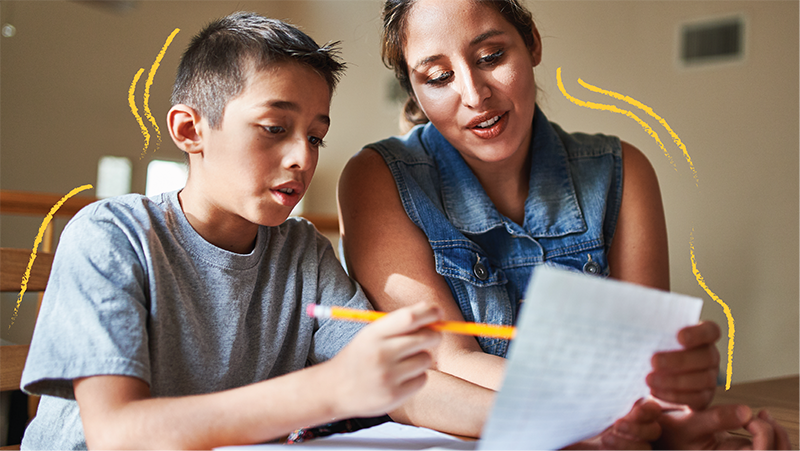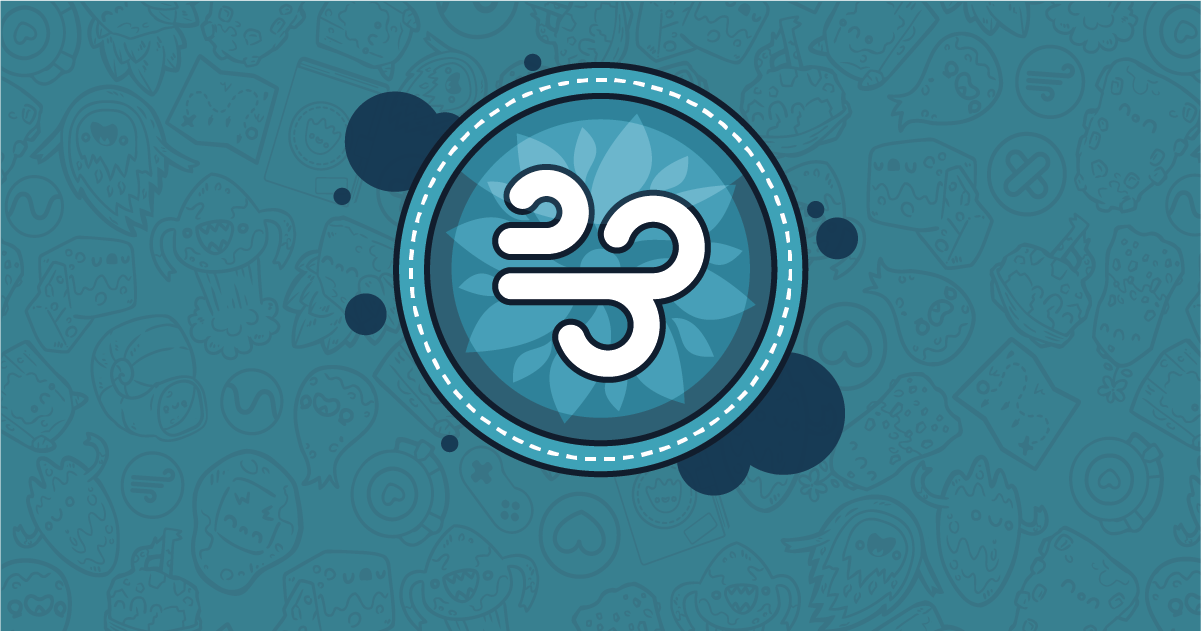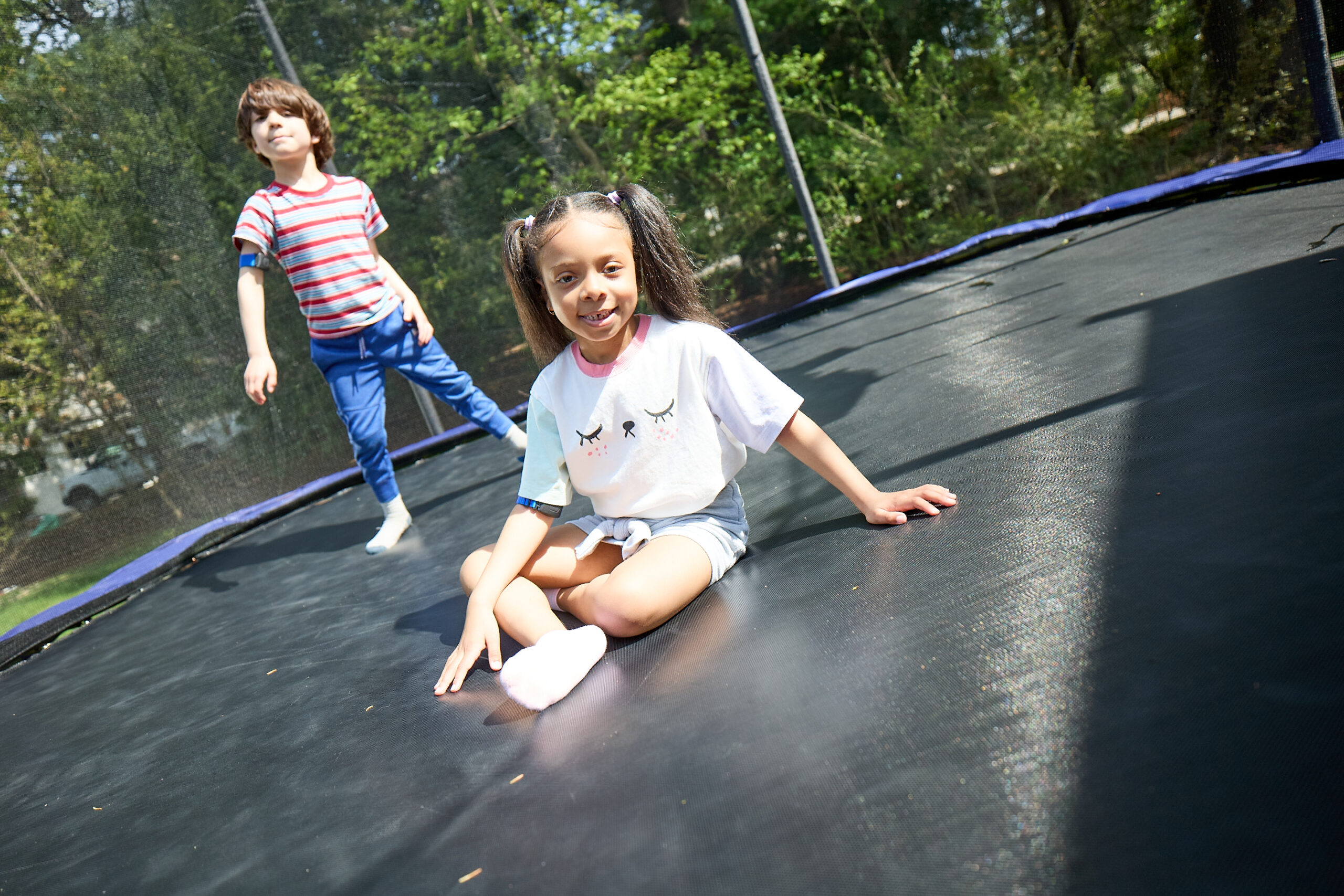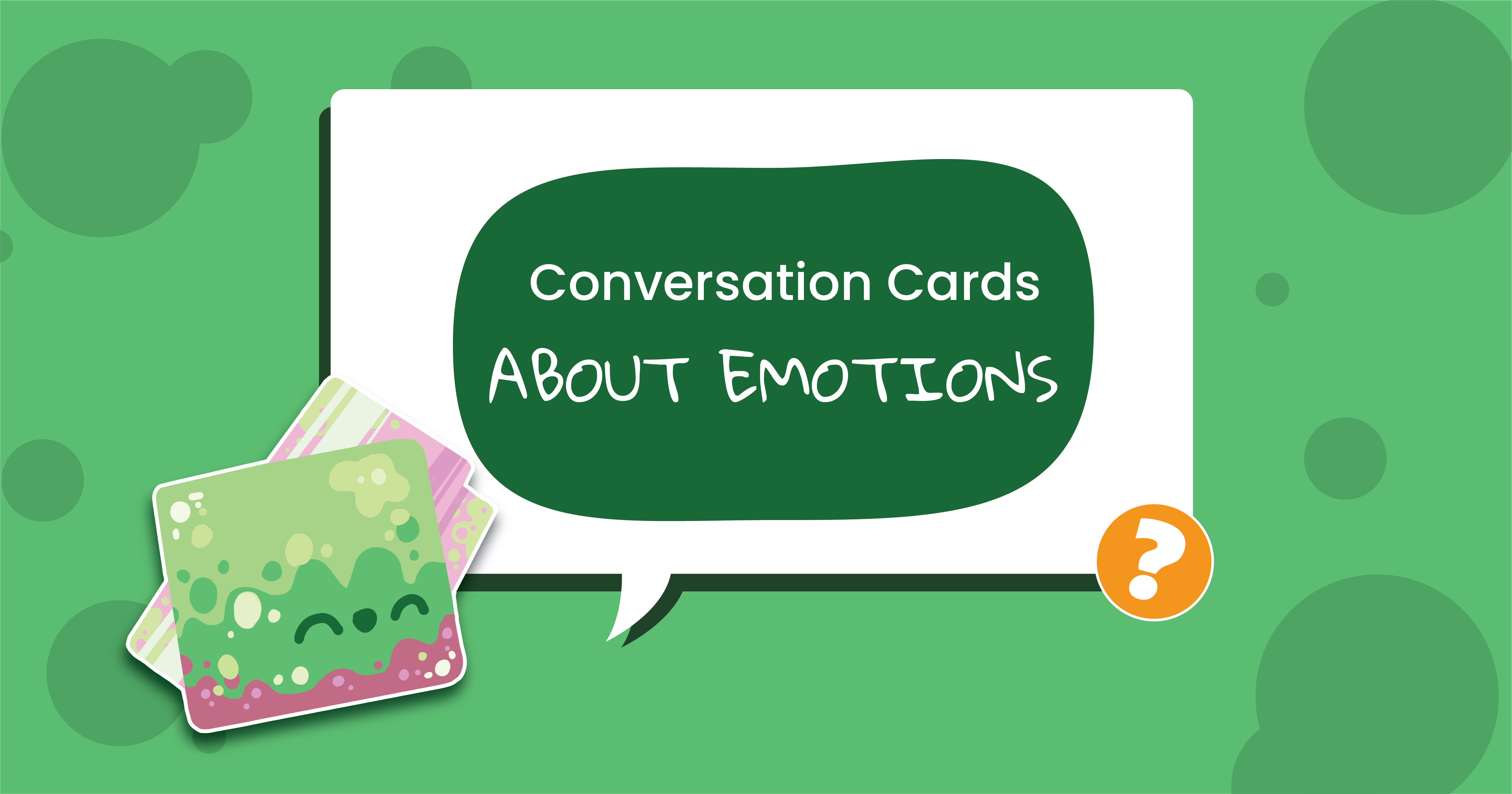“Before Mightier, we dreaded how we were going to make it through every single day with our son. Outburst planning was part of our routine. Where we used to have outbursts, I now hear, “Mommy, I love you,” or, “Can I have a hug?” Mightier gave us back our precious family time.” – A Mightier mom
Of the 50 thousand families who have found their way to Mightier, 60% of them are here to help their child who struggles with outbursts. These are children with deep, intense, and complex emotions. These are children who don’t always have control over their words and actions, who often regret the things they’ve said or done, and worry about how others see them. These are children who are trying to do the best they can, always, but just don’t have the skills yet to navigate such big feelings.
We believe in kids
Mightier is a playful and play-based way for children to build emotion regulation abilities in their own way, on their own terms. By wearing a heart rate monitor while playing Mightier’s games, children are able see their emotions in real time, discover calming strategies that feel right for their body, and build an automatic sense of calm that translates to the real world in meaningful, empowering and life-changing ways.
Playing Mightier builds emotional strength that sticks
For kids who struggle with outbursts, typical therapeutic approaches of talking about emotions, thinking through possible reactions, and identifying coping skills can be frustrating. Children still find themselves unable to remember, access, or use any of those skills in the moments they actually need them. We often hear this line from parents who are just signing up for Mightier, “My child knows coping skills, but they can never use them in real life.”
“Therapy, routine changes, earlier bedtime, talking about his feelings… None of those things seemed to work. We were missing out on our life. I was emotionally exhausted and my marriage felt rocky. I was at my wit’s end when I turned to Google for ideas for managing my son’s “explosions.”” – A Mightier mom
Playing Mightier helps kids develop stronger and more automatic emotion regulation abilities through practice. As kids play Mightier, they see their emotions in real time. They see how their frustration, anxiety or excitement directly influence their heart rate, which directly influences their gameplay. They learn that things become more challenging when their heart rate is up, and they’re empowered to explore various calming strategies to get back to blue and keep playing. They practice all this quickly, in the moment, while having fun. Best of all, they practice all this in a way that strengthens their natural and automatic ability to regulate their emotions in real life. That means improved frustration tolerance, thinking more clearly in the moment, and choosing how to respond to real-life stressors. It means staying calmer under pressure without even trying.
“I’ve seen more results for my son with Mightier than with anything else. I’ve been looking for help for so long and not receiving the support I know we’ve needed. I’m so proud of him for how well he’s doing, and I know he’s proud of himself, too.” – Mightier Mom
The Mightier program at home
Success with Mightier hinges on two things – practice and empowerment. Kid-led learning is a key part of the process, so the main and most important thing caregivers can do is to support their child’s play routine. Similar to building muscle memory for any skill (shooting a basketball under pressure, playing the piano without thinking about the keys, tying a shoe without thinking about your fingers) emotional muscle memory takes practice. We recommend that children play Mightier 3 times a week (or for about 45 minutes a week) for at least 90 days.
Since children can benefit from additional types of social and emotional skill building, the Mightier Parent app offers information and activities that caregivers can use alongside their child’s gameplay journey. This model keeps child play and learning front and center, while providing the whole family with creative games, strategies, and a shared language to continue building emotional strength right at home.


















